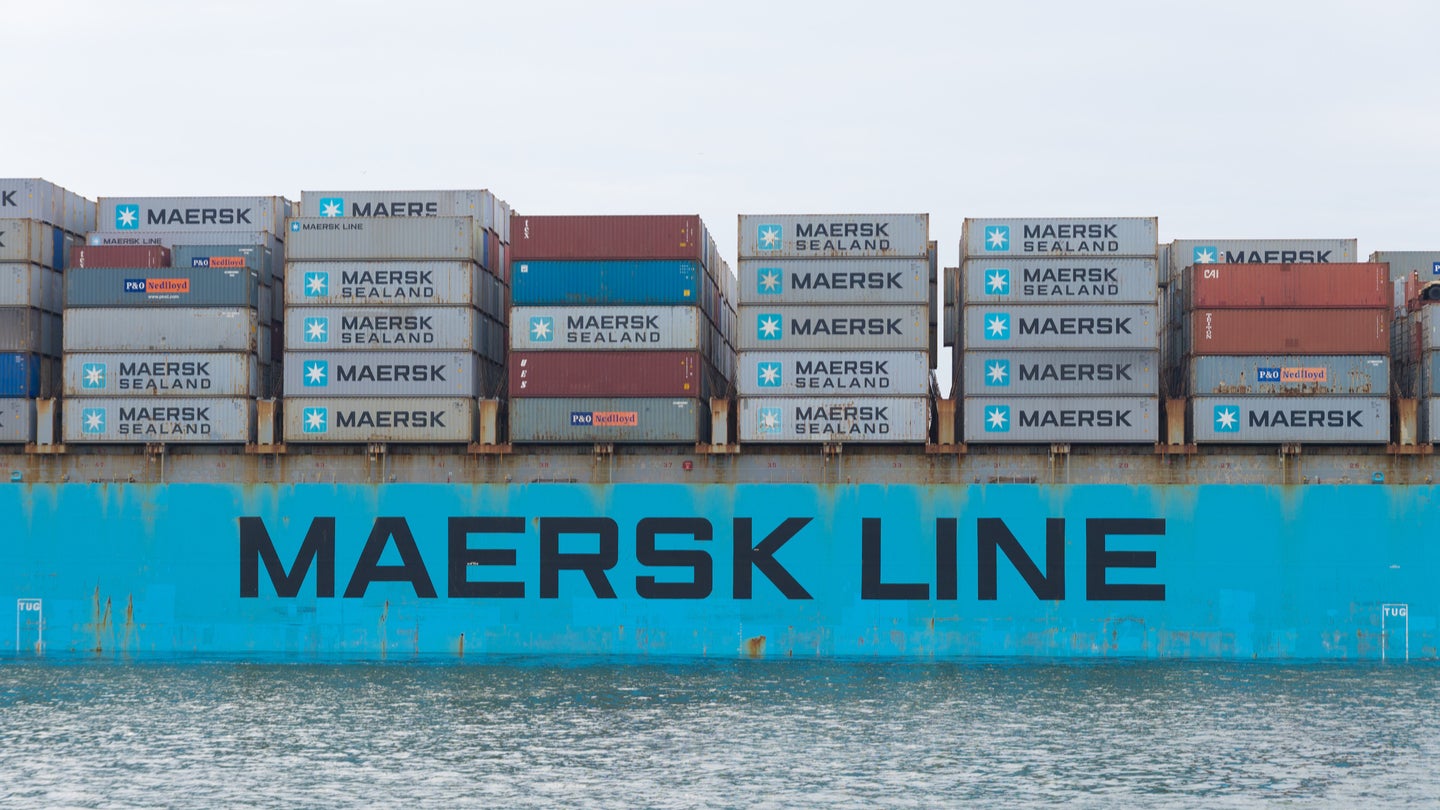
The US Occupational Safety and Health Administration (OSHA) has ordered Maersk Line to pay more than $700,000 to a former employee who was illegally fired after reporting safety concerns to the US Coast Guard (USCG) after a federal whistleblower investigation.
The marine cargo giant suspended and terminated the seaman for reporting safety issues to the Coast Guard without going to the company first, an action which OSHA found violated the Seaman’s Protection Act which allows workers to report concerns directly to the USCG without following any company policy about reporting to the business first.
Eric S. Harbin, an OSHA Regional Administrator in Dallas, said: “Federal law protects a seaman’s right to report safety concerns to federal regulatory agencies, a fact every maritime industry employer and vessel owner must know.
“Failure to recognise these rights can instil a culture of intimidation that could lead to disastrous or deadly consequences. The order underscores our commitment to enforcing whistleblower rights that protect seamen.”
The seaman, who must now be offered a similar role by Maersk, first reported the issues concerning the vessel Safmarine Mafadi, now known as the Maersk Tennessee, in December 2020. He was subsequently suspended, then fired in March 2021.
Concerns reported by the worker included: the gear used to release lifeboats did not work properly; that there were rusted, corroded and broken desk sockets in need of repair; that crew members were in possession of alcohol onboard; that a trainee was left alone and unsupervised while on ship’s watch and that two leaks in the starboard tunnel and the bilge system caused flooding in the cargo holds and needed repairing.
The Maersk Tennessee is a 50,000t, 958-foot container ship which was registered to Safmarine.com, a company which has been brought into Maersk’s operations over the last few years.
Alongside paying the seaman $457,759 in back wages and $250,000 in punitive damages as part of the US Department of Labor’s OSHA ruling against Maersk, the company must also change its policy prohibiting workers from contacting an external authority first about issues.


